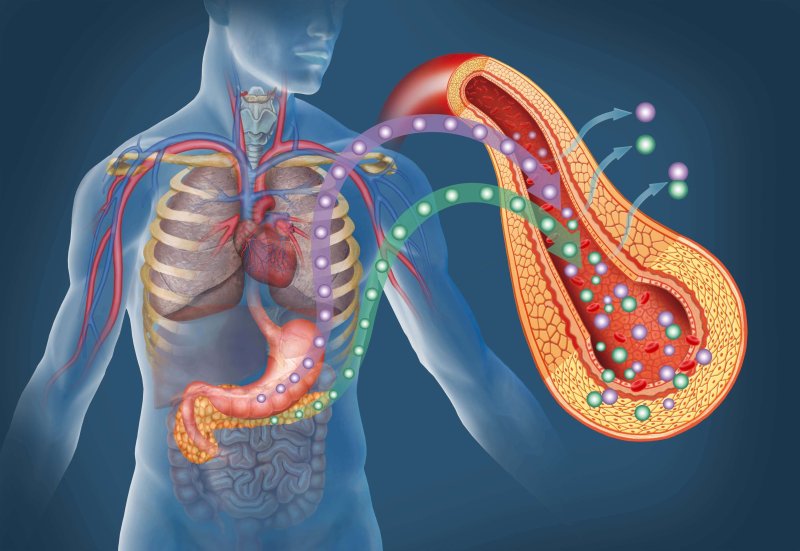A 43-year-old single mother with dangerously difficult-to-control diabetes had insulin-producing islet cells transplanted into her omentum — a fatty membrane in the belly.
The cells began producing insulin faster than expected, and after one year she is doing well and doesn’t need insulin injections, the University of Miami researchers said.
“We’re exploring a way to optimize islet cell therapy to a larger population. This study gives us hope for a different transplant approach,” said the study’s lead author, Dr. David Baidal. He’s an assistant professor in the university’s Diabetes Research Institute.
Currently, islet cells from deceased donors are transplanted into the liver, but that’s not an ideal option.
This new research was a proof-of-concept study expected to be the first step on a path toward developing a mini-organ called the BioHub.
In its final stages, the BioHub would mimic a pancreas and act as a home for transplanted islet cells, providing them with oxygen until they could establish their own blood supply.
…
Baidal said the study results need to be replicated in other patients, and the researchers want to see what happens post-treatment over a longer time. The researchers plan to test the omentum as a site in five more patients.
The GLP aggregated and excerpted this blog/article to reflect the diversity of news, opinion, and analysis. Read full, original post: Woman with type 1 diabetes still off insulin one year after cell transplant































